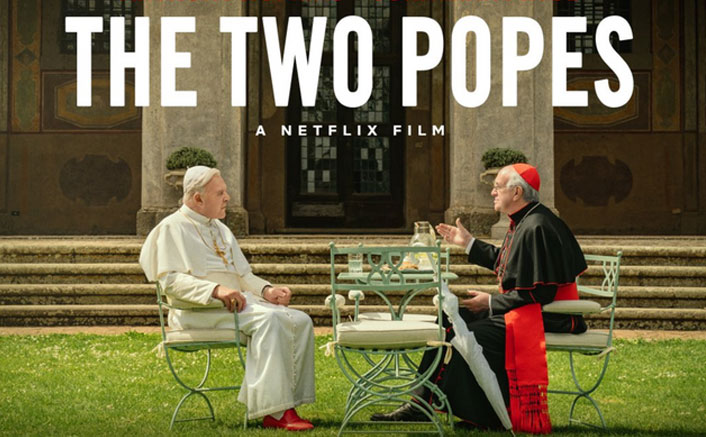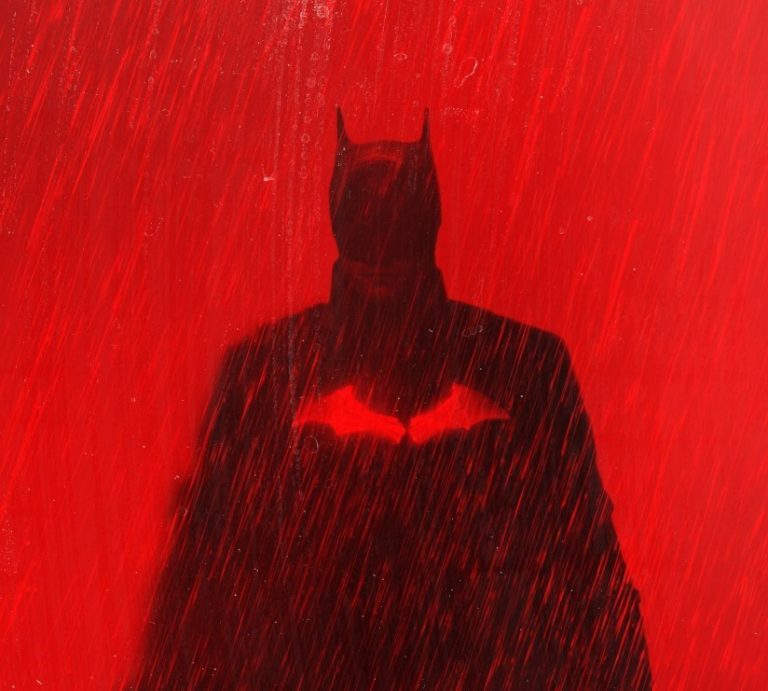The Two Popes (A Diversity Film Review)

- Grade: B
- Recommend: 67%
Plot (Non-Spoiling)
This Catholic-based film focuses on the historical background of the current Pope, Pope Francis (played by Sir Jonathan Pryce), along with his disagreements with his immediate predecessor, Pope Benedict XVI (played by Sir Anthony Hopkins) on how the Church should react during times of turmoil in a changing culture. Some will cling to tradition while others will look to change the Church’s cultural approach. Pope Benedict XVI is a traditionalist (conservative) thinking Pope who finds himself in hot water after numerous private Vatican documents were leaked to the press. He is further troubled after he receives a letter of resignation from Cardinal Jorge Mario Bergoglio (now known as Pope Francis), and summons Bergoglio to Vatican City to understand why he feels resignation is necessary. He fears that the resignation of a popular reformist (liberal) Cardinal amid a scandal will weaken the Catholic Church as a whole. To avoid this, Pope Benedict XVI personally speaks to Bergoglio not only to reach a middle ground, but to also convince him that his presence is more necessary than he may believe.
Diversity
All the main characters in this film were real people, so the mostly POC (72% POC) and male (72% male) main cast accurately represents the men Pope Francis surrounded himself with in his rise to the papacy as well as within Vatican City. Behind the camera, where there is no limit on diversity, the gender (79% male), but not racial (57% POC), diversity had similar numbers to the cast. There was also a lot of South American influence in the making of this film because it focused on Pope Francis’s roots.
Review
This film showcased the complex and emotional rise of Pope Francis very well, with smooth development and transitions through time. Hopkins and Pryce, both from Wales, played their respective character’s accents and physical movements very well and deserve great praise. The reason this film is a B is due to its content. Almost all the conversations between Pope Benedict XVI and Pope Francis were private, so most of the film is just an educated guess as to what happened. However, incorporating Pope Francis’s priesthood in South America and having mostly accurate characteristics of Vatican City is what helped build the film’s realism to the B’s. The entire film does cater more (not grotesquely) to reformist Catholicism compared to traditionalist Catholicism, so there is bias (especially at the end). Most non-Catholics may not find this film very interesting because it’s all about the importance of the papacy, but I believe Pope Francis has a life story worth watching, no matter one’s faith.
